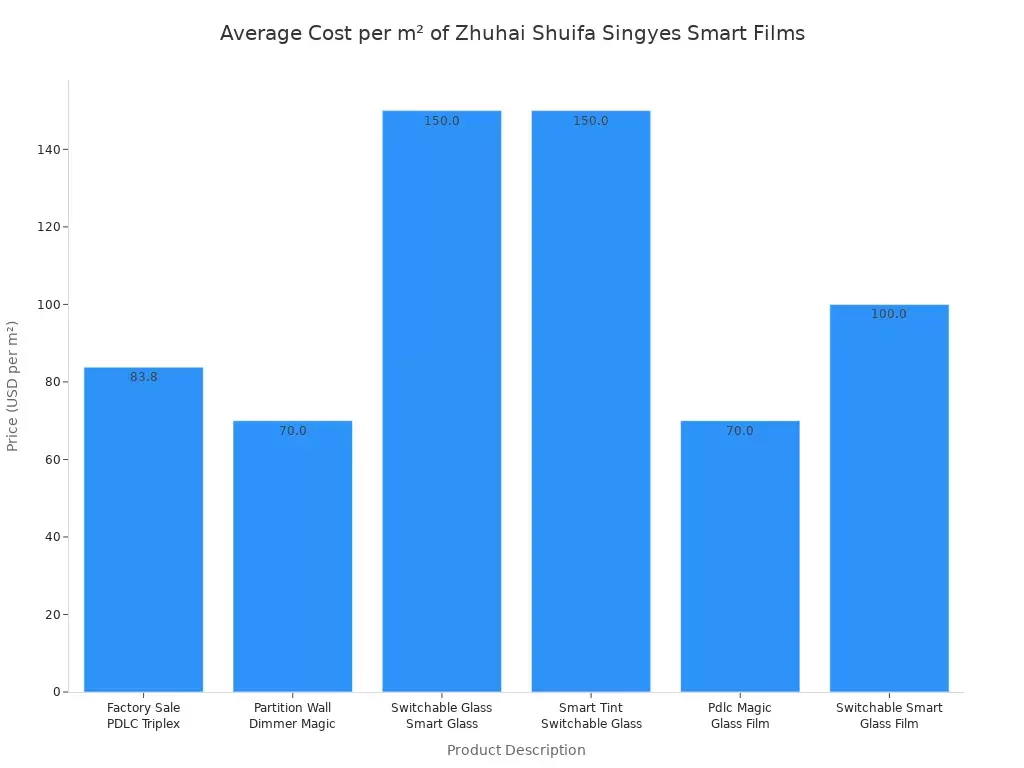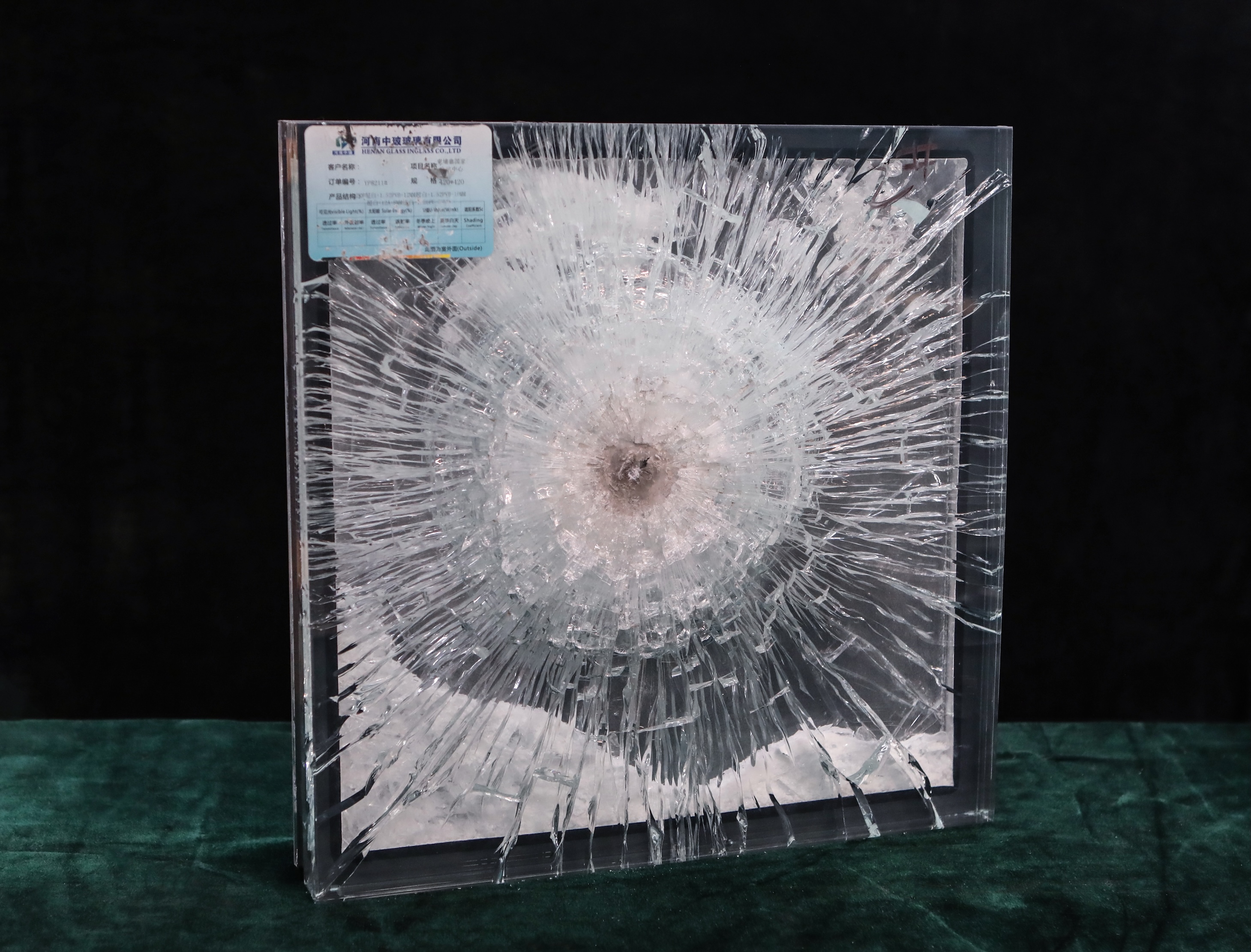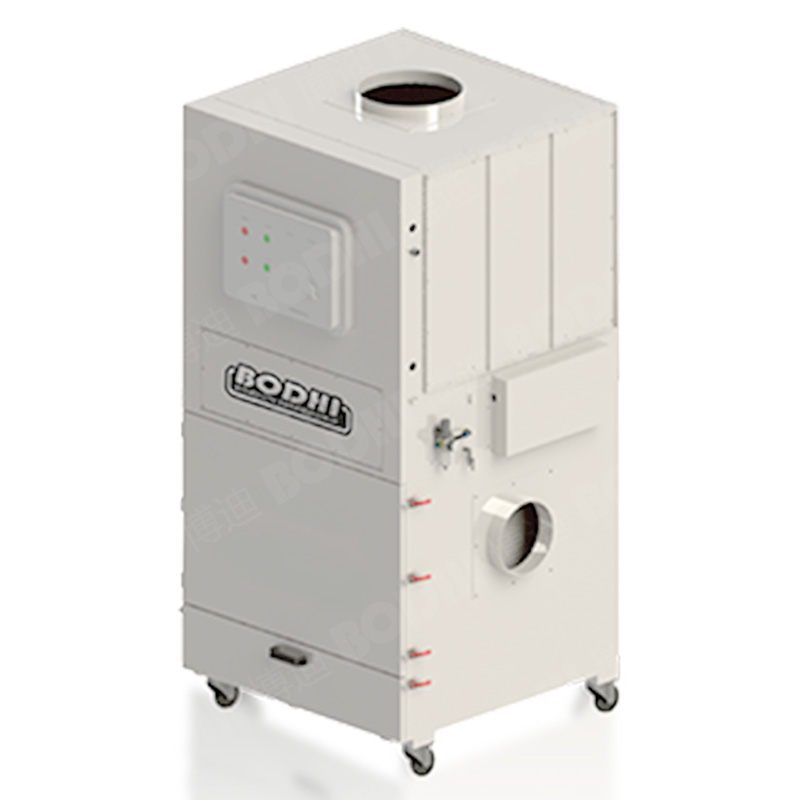In recent years, the construction and interior design industries have witnessed a growing shift towards sustainable materials. As environmental concerns rise, many professionals and homeowners are seeking alternatives to traditional materials like polyvinyl chloride (PVC) wall panels. While PVC panels have been popular for their durability and cost-effectiveness, their environmental impact and potential health risks have prompted a search for greener options. This article delves into the various alternatives to PVC wall panels, examining their benefits, applications, and sustainability credentials.
Understanding the Drawbacks of PVC Wall Panels
Before exploring alternatives, it is essential to understand why PVC wall panels are being reconsidered. PVC is a synthetic plastic polymer that, while versatile, poses several environmental and health challenges:
- Environmental Impact: The production of PVC involves the release of harmful chemicals, including dioxins, which can persist in the environment and accumulate in the food chain. Additionally, PVC is not biodegradable and can contribute to landfill waste.
- Health Concerns: PVC can release volatile organic compounds (VOCs) during its lifecycle, which may lead to indoor air quality issues. Prolonged exposure to these compounds can have adverse health effects.
- Recycling Challenges: Although PVC can be recycled, the process is complex and not widely implemented. This often leads to PVC products ending up in landfills rather than being repurposed.
Sustainable Alternatives to PVC Wall Panels
Given these concerns, several sustainable alternatives to PVC wall panels have emerged. Each option offers unique benefits and can cater to various aesthetic and functional needs.
- Wood Panels
Wood panels are a classic alternative that provides warmth and natural beauty to interiors. They are available in various species, finishes, and styles, making them versatile for different design themes.
- Sustainability: When sourced from responsibly managed forests, wood panels can be a sustainable choice. Look for certifications such as FSC (Forest Stewardship Council) to ensure responsible sourcing.
- Aesthetic Appeal: Wood adds a timeless elegance to spaces, and its natural variations can enhance the character of a room.
- Insulation Properties: Wood has natural insulating properties, which can contribute to energy efficiency in buildings.
- Bamboo Panels
Bamboo is a rapidly renewable resource that has gained popularity as a sustainable building material.
- Strength and Durability: Bamboo is known for its strength, often surpassing that of traditional hardwoods. This makes it suitable for various applications, including wall panels.
- Eco-Friendly: Bamboo grows quickly and can be harvested without killing the plant, making it an environmentally friendly option.
- Aesthetic Versatility: Bamboo panels can be finished in various ways, allowing for a range of design possibilities from modern to rustic.
- Recycled Materials
Using recycled materials for wall panels is an innovative way to reduce waste and promote sustainability.
- Recycled Wood: Salvaged wood from old buildings can be repurposed into wall panels, providing a unique character while minimizing environmental impact.
- Recycled Metal: Metal panels made from recycled aluminum or steel can offer a sleek, modern look while being highly durable and resistant to moisture.
- Recycled Plastic: Some manufacturers produce wall panels from recycled plastics, diverting waste from landfills and reducing the need for new plastic production.
- Natural Fiber Panels
Natural fiber panels, made from materials such as hemp, jute, or sisal, are gaining traction as eco-friendly alternatives.
- Biodegradability: These materials are biodegradable, reducing their environmental footprint at the end of their lifecycle.
- Acoustic Properties: Natural fiber panels can provide sound absorption, making them suitable for spaces where acoustics are a concern.
- Aesthetic Variety: Available in various textures and colors, natural fiber panels can add a unique touch to interior designs.
- Cement Board Panels
Cement board panels, often used in commercial settings, are another alternative to PVC.
- Durability: These panels are highly durable, moisture-resistant, and fire-resistant, making them suitable for high-traffic areas.
- Low Maintenance: Cement boards require minimal maintenance and can withstand harsh conditions.
- Sustainability: Many manufacturers are now producing cement boards with recycled materials, enhancing their sustainability profile.
Conclusion: Making the Right Choice
When considering alternatives to PVC wall panels, it is crucial to evaluate not only the environmental impact but also the specific needs of your project. Factors such as aesthetics, durability, maintenance, and cost should all play a role in your decision-making process.



